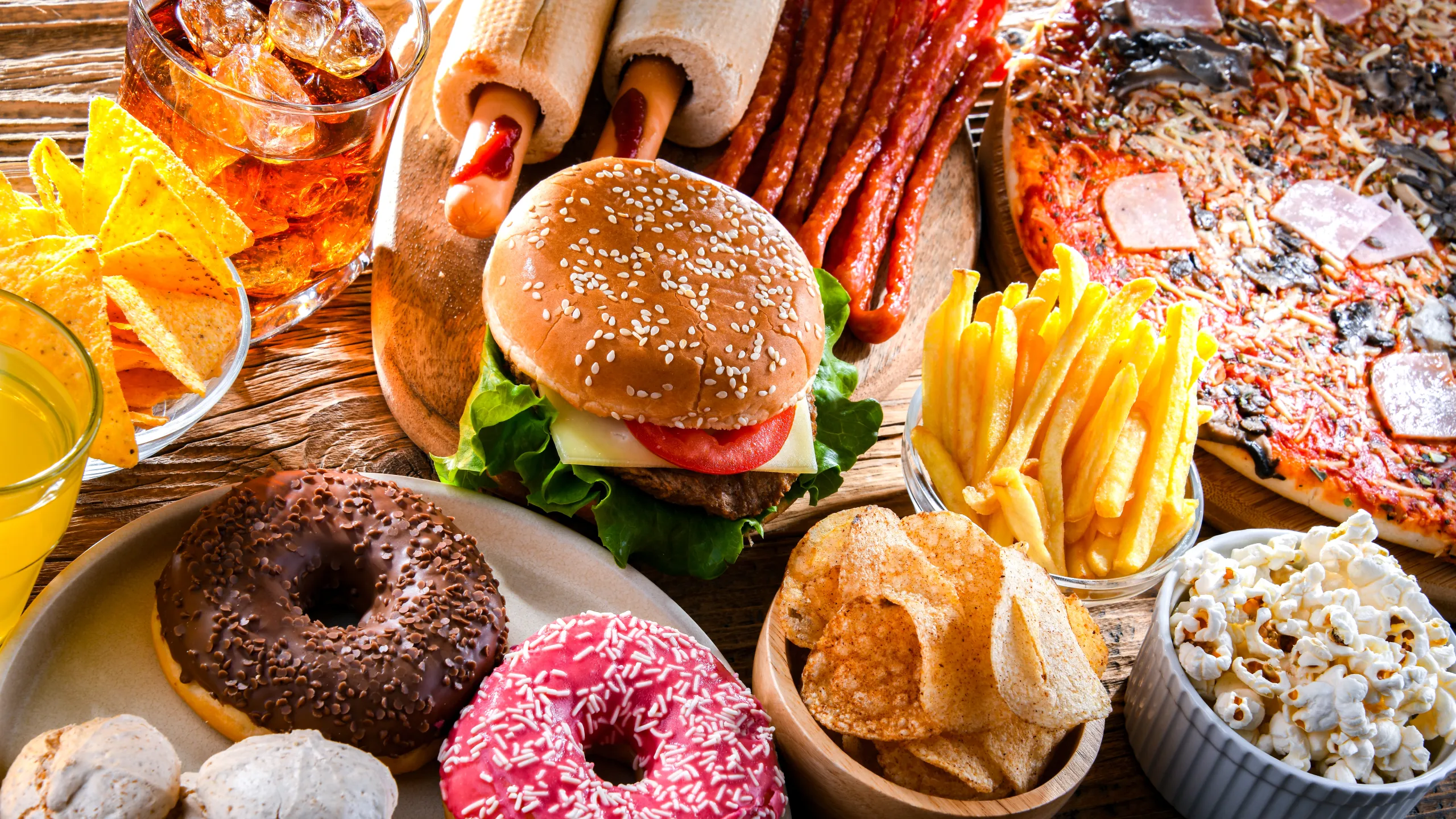Saliva is often overlooked in discussions about digestion, yet it plays a crucial role in the complex process of breaking down food. This clear liquid, produced by salivary glands in the mouth, is not just a lubricant; it is an essential component of the digestive system that initiates the chemical breakdown of food, protects oral health, and aids in the overall digestive process. In this article, we will explore what is the role of saliva in the digestion of food, its composition, and its importance for maintaining overall health.
Composition of Saliva
Saliva is primarily composed of water (about 98%), but it also contains electrolytes, enzymes, mucus, antibacterial compounds, and various proteins. The main components include:
- Water: The primary ingredient, facilitating the dissolution of food particles and aiding in swallowing.
- Electrolytes: Such as sodium, potassium, calcium, and bicarbonate, which help maintain the pH balance and contribute to the overall health of oral tissues.
- Enzymes: The most notable enzyme in saliva is amylase, which begins the breakdown of carbohydrates into simpler sugars. Lingual lipase, another enzyme present, starts the digestion of fats.
- Mucins: Glycoproteins that give saliva its viscous texture, providing lubrication to facilitate chewing and swallowing.
- Antibacterial Compounds: Such as lysozyme and immunoglobulin A (IgA), which help protect against bacterial growth and infection in the oral cavity.
The Role of Saliva in Digestion
1. Mechanical Digestion
The first stage of digestion begins in the mouth, where food is broken down into smaller pieces through the mechanical action of chewing. Saliva plays a vital role in this process by moistening the food, allowing it to be easily manipulated by the tongue and facilitating swallowing. The formation of a bolus (a small rounded mass of chewed food) is essential for efficient swallowing and further digestion in the stomach.
2. Chemical Digestion
While mechanical digestion is occurring, saliva initiates the chemical breakdown of food. The presence of enzymes like salivary amylase marks the start of carbohydrate digestion. As food is mixed with saliva, amylase breaks down starches into maltose and dextrin. This process begins as soon as the food enters the mouth, highlighting what is the role of saliva in the digestion of food by ensuring that carbohydrates are partially digested before they even reach the stomach.
Additionally, lingual lipase begins the digestion of triglycerides in fats, although its role is more significant in the stomach where it becomes more active. This enzymatic action is crucial as it prepares food for further breakdown by gastric juices.
3. Taste Perception
Saliva is also essential for the perception of taste. For the taste buds on the tongue to detect flavors, food particles must be dissolved in saliva. This process allows the receptors to recognize sweet, salty, sour, bitter, and umami flavors. Without saliva, our ability to enjoy and discern flavors would be significantly impaired, affecting our overall appetite and dietary habits.
4. Protection of Oral Cavity
Saliva serves as a protective agent in the oral cavity. Its antibacterial properties help prevent the growth of harmful bacteria, reducing the risk of infections and maintaining oral health. Additionally, saliva aids in neutralizing acids produced by bacteria, which helps protect against tooth decay and erosion. The continuous flow of saliva also helps wash away food particles and debris, further contributing to oral hygiene.
5. Facilitating Digestion
Once the bolus is swallowed, saliva continues to play a role in digestion. It contains bicarbonate ions that help buffer the acidity of gastric juices, creating an optimal pH environment for enzymes to function effectively. This buffering action is particularly important in preventing damage to the esophagus and ensuring that the digestive process proceeds smoothly as food enters the stomach.
Importance of Saliva for Overall Health
The significance of saliva extends beyond digestion. A healthy saliva production is essential for maintaining oral health, preventing dry mouth (xerostomia), and reducing the risk of dental issues. Saliva’s role in digestion also influences nutrient absorption and can affect overall nutritional status. Insufficient saliva production can lead to difficulties in chewing and swallowing, ultimately impacting dietary choices and leading to potential malnutrition.In conclusion, what is the role of saliva in the digestion of food? Saliva is an indispensable component of the digestive process. It not only aids in the mechanical and chemical breakdown of food but also enhances taste perception and protects oral health. Understanding the multifaceted role of saliva highlights its importance not just for digestion, but for overall well-being. Maintaining healthy saliva production through hydration, good oral hygiene, and a balanced diet is crucial for ensuring efficient digestion and promoting health throughout the body.



